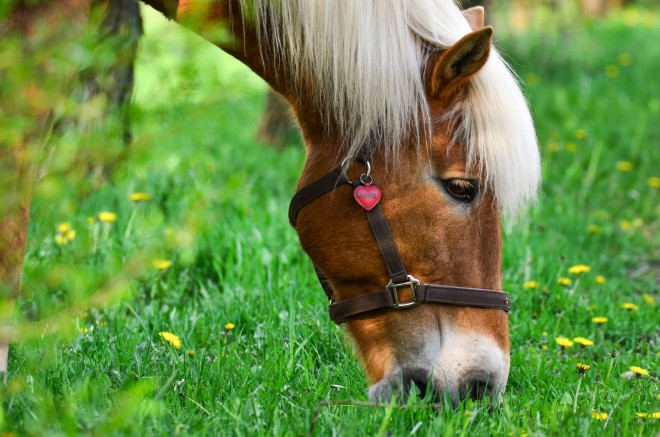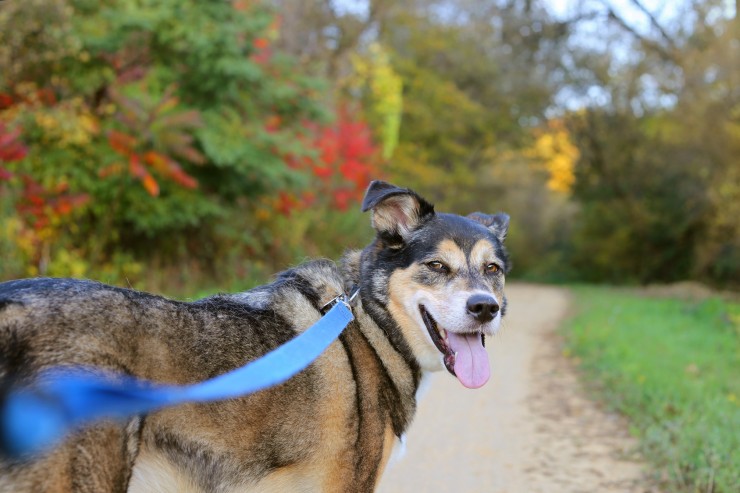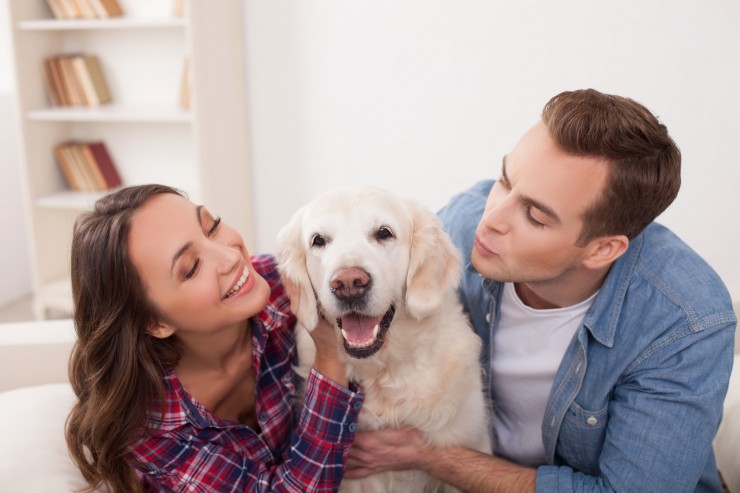
You can find a good companion in a dog from a shelter. You first need to clarify what traits you want in your new dog, as well as evaluate what kind of home you can provide.
A Compatible Dog
Most dogs available for adoption at a shelter are adult dogs. I am going to inform you about them because they are easier to care for than a puppy; and there are so many staying in shelters that need homes. If the dog will live inside pick one that is housebroken. That is something you couldn't find in a puppy. As far as intelligence, trainability and friendliness there appears to be no difference between males and females. Males, however, tend to be more territorial. They mark and defend territory, though neutering helps this behavior. Medium to large dogs are alway more plentiful. Long-haired dogs not only shed but they get hot under that coat in the summer. Did you know that they hide more parasites and even infections? Collies and huskies have a double coat for cold weather. I suggest that you not look for a breed but look for an individual that most closely matches the qualities you believe will mesh with your lifestyle. Shelter employees are a good source for estimating what breeds appear to have most strongly contributed to a specific dog there.
Three aspects to consider about a dog follow. Decide which is most important.
physical: weight, food requirements, exercise, health and coat.
temperament: emotional reactions to what causes fear or makes the dog happy
behavioral: tricks and commands the dog performs, habits of the dog
Here are some questions to ask yourself to narrow down what dog is right for you before you step foot into any shelter.
Do you want a dog that is consistently fired up?
Do you want a dog that plays with other dogs?
Do you want a dog content to sleep during the day?
Do you want a dog that can go the distance with you when jogging?
Do you want a dog that barks very little?
Do you want a dog that already knows commands?
Do you want a dog that likes kids?
Do you want a dog that wants lots of your attention?
Do you want a dog that is curious and mischievous?
Do you want a dog that is friendly to strangers or protective of you?
I don't recommend that you bring home a dog that is very dominant or, at the other end of the personality spectrum, very submissive. A dominating dog may occasionally challenge authority and needs more solid corrections at these times. A submissive personality may be quite sensitive, especially if you are loud and vocal yourself. You know who you are! These meeker dogs are not likely to be highly protective of you and your home.
Classes of Dogs
Dogs are such interesting creatures. This is in large part because of their diverse natures.
Sporting dogs were bred to find, flush or fetch game and tend to take well to training. Scent hounds can't seem to help but press their snouts to the ground and follow wherever the scent leads. Sight hounds are lanky and speedy dogs using their keen vision to spot prey. They usually have a rather quiet temperament. Working dogs were used mainly as protection and are good at focusing on the job you've trained them for. They are known for their intelligence and courage. Herding dogs have a similar work ethic with an added dose of energy. You've probably seen dogs that love to chase--if only they had a flock of sheep to herd and protect!
Terriers are smaller dogs with a bold attitude and short or wiry hair. They were trained and bred to hunt small ground-dwelling animals.
Toy dogs are the smallest dogs. They fit on your lap and make good company. There is a lot of energy as well as intelligence packed into their little bodies.
These distinctions should get you started on the general type that would be right for you. Ask the staff how long the dog you like has been there and how many hours of human contact he has had. If the staff has done formal temperament testing that is ideal. Be sure, at the least, the shelter has met the following basic medical needs before you adopt:
Has the dog been wormed?
Has his blood been checked for heartworm?
Have his ears and skin been checked for parasites and mites?
Some shelters spay and neuter, but not all. The shelter may not release a dog to a home that doesn't meet high standards. They usually have very good reasons for this. Expect that they will ask a lot of questions of you too. Timing is also a factor in deciding to adopt. Don't do it before or during a holiday season or vacation. Don't do it at the start of a school year or during a stressful time in your life such as a divorce. You want to be happy so your dog can be relaxed too.
Have these items on hand for when you bring your lucky dog home: a crate, leash, collar for training,collar for wearing around the house, food and water bowls, food, grooming comb and brush, bed, pooper scooper and toys. Keep the attitude that your new dog will take time and effort on your part to adjust. Enjoy each other!
 Horse Nutrition - The Basics
Horse Nutrition -
Horse Nutrition - The Basics
Horse Nutrition -
 The Challenges Of Exercising A Diabetic Dog
The Challenges Of
The Challenges Of Exercising A Diabetic Dog
The Challenges Of
 7 Things You Should Agree Upon With Your Partner Before Buying A Dog
7 Things You Shou
7 Things You Should Agree Upon With Your Partner Before Buying A Dog
7 Things You Shou
 Do You Know What Stresses Cats Out The Most?
Do You Know What
Do You Know What Stresses Cats Out The Most?
Do You Know What
 Setting Boundaries For Your New Dog Or Puppy
Setting Boundarie
Setting Boundaries For Your New Dog Or Puppy
Setting Boundarie
Copyright © 2005-2016 Pet Information All Rights Reserved
Contact us: www162date@outlook.com